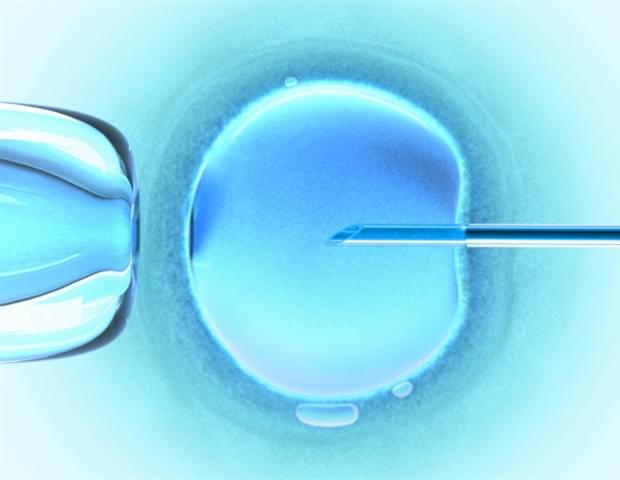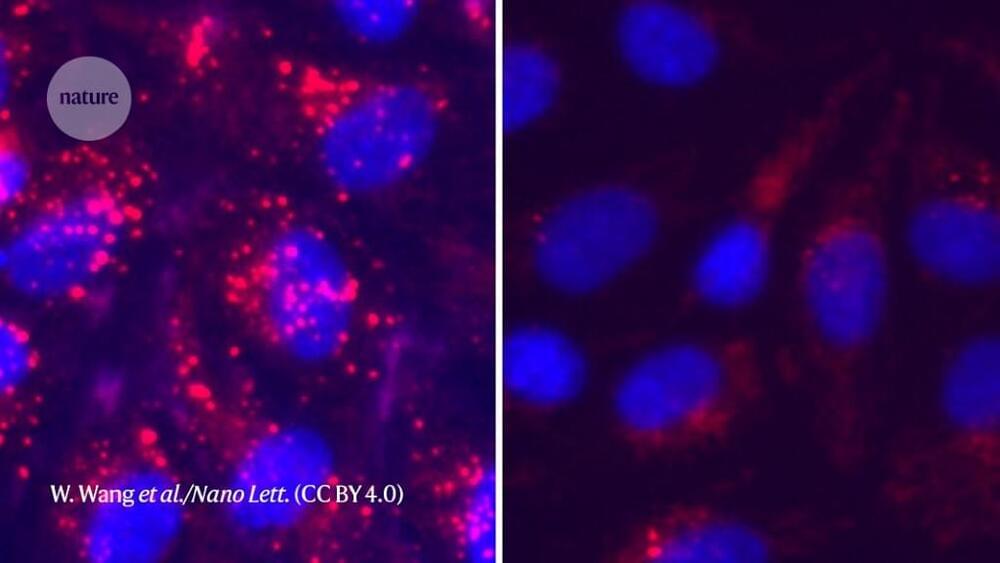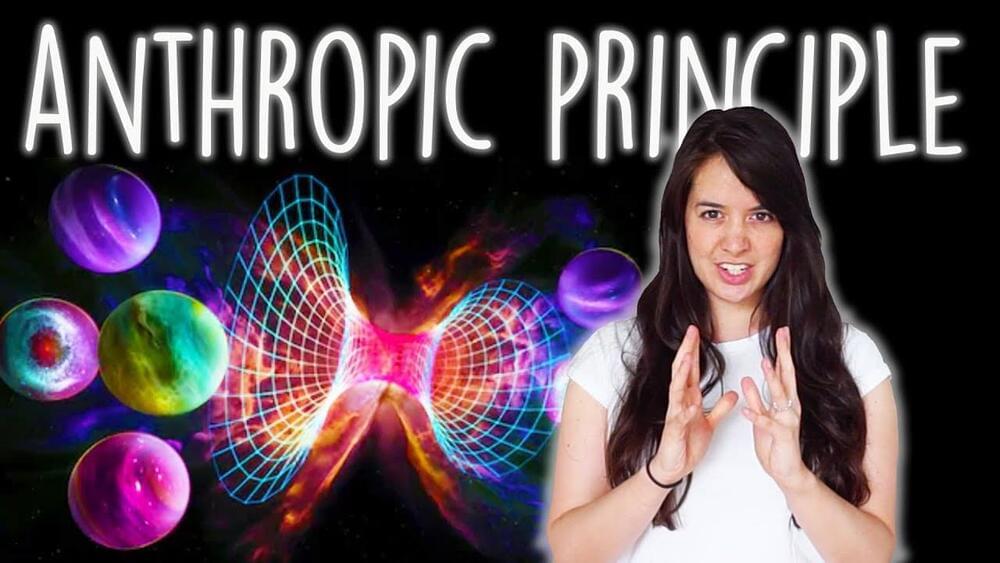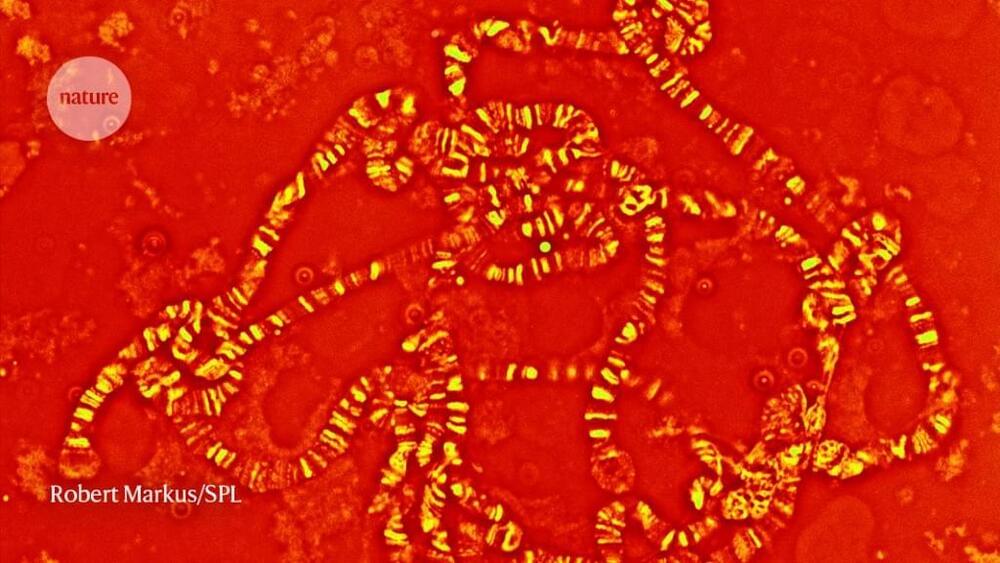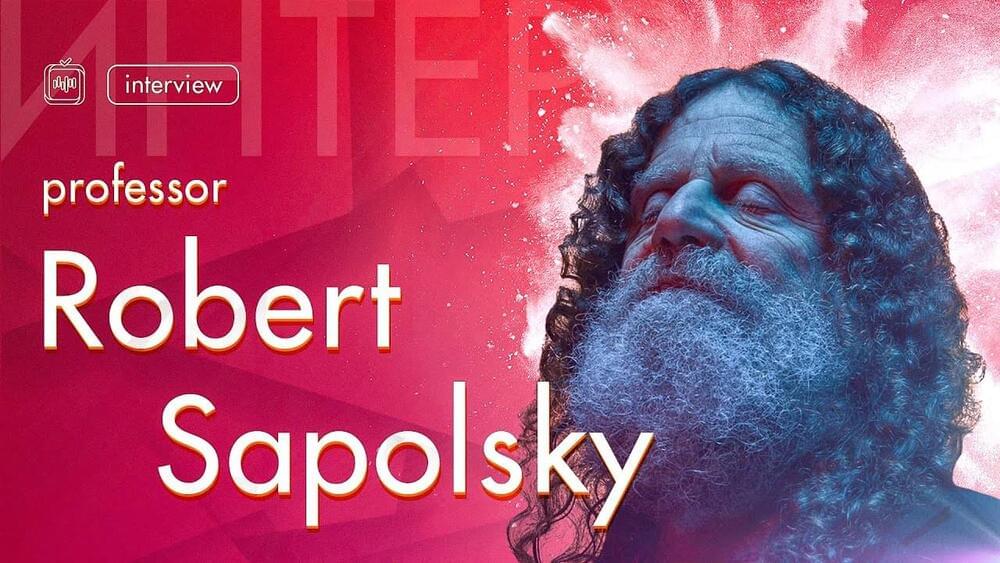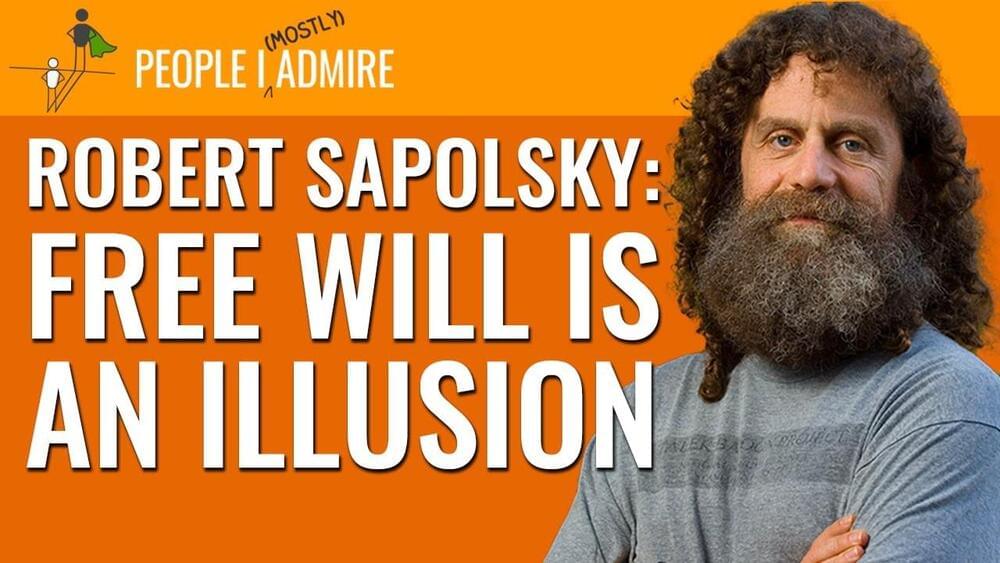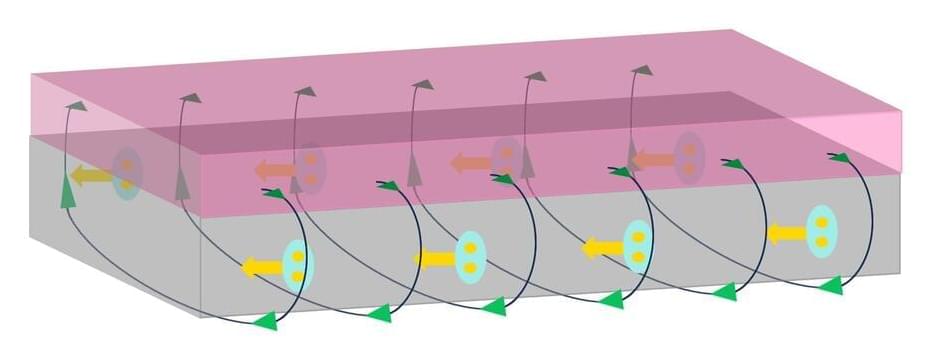
MIT scientists and colleagues have created a simple superconducting device that could transfer current through electronic devices much more efficiently than is possible today. As a result, the new diode, a kind of switch, could dramatically cut the amount of energy used in high-power computing systems, a major problem that is estimated to become much worse.
Even though it is in the early stages of development, the diode is more than twice as efficient as similar ones reported by others. It could even be integral to emerging quantum computing technologies. The work, which is reported in the July 13 online issue of Physical Review Letters, is also the subject of a news story in Physics Magazine.
“This paper showcases that the superconducting diode is an entirely solved problem from an engineering perspective,” says Philip Moll, Director of the Max Planck Institute for the Structure and Dynamics of Matter in Germany. Moll was not involved in the work. “The beauty of [this] work is that [Moodera and colleagues] obtained record efficiencies without even trying [and] their structures are far from optimized yet.”
